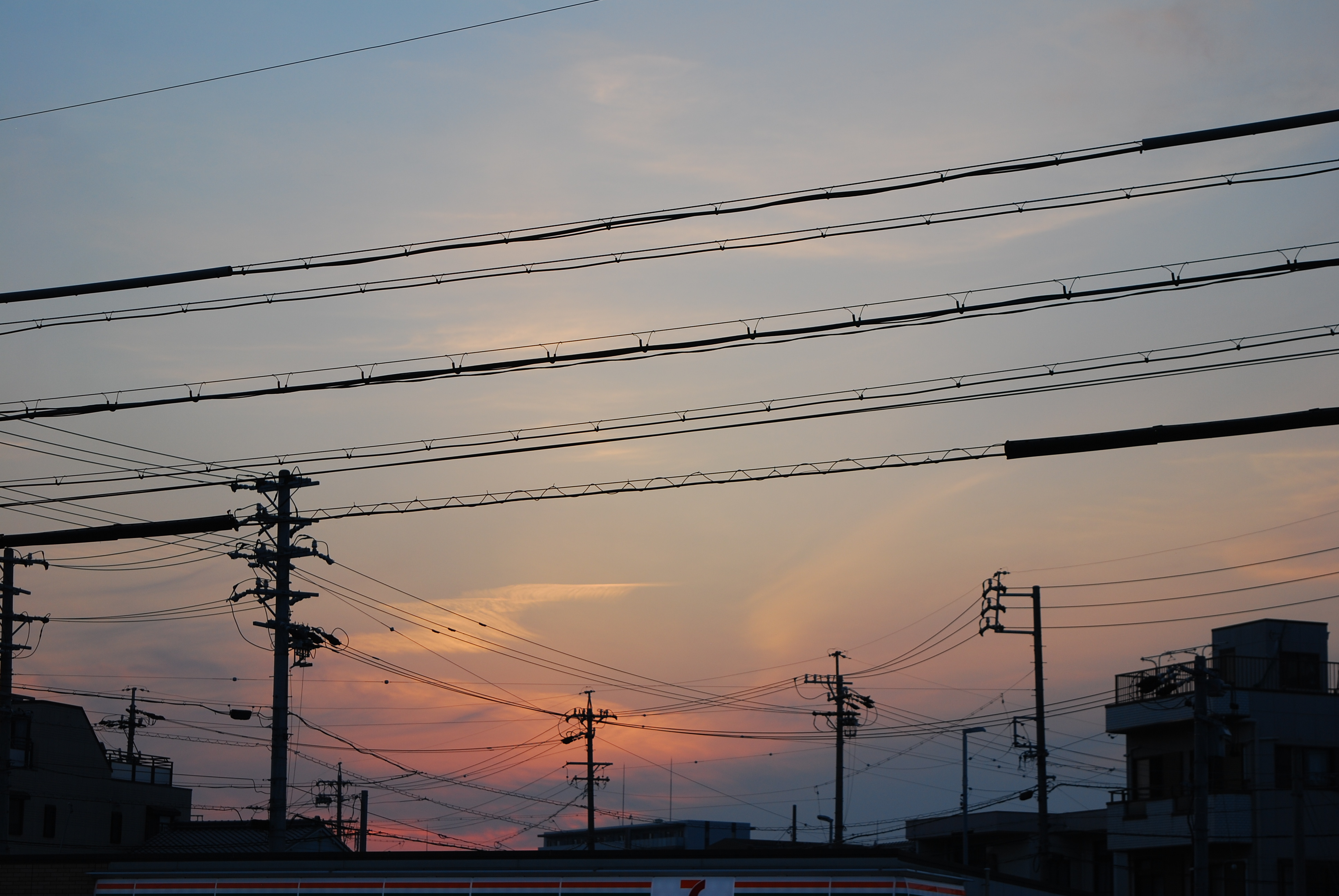Penna Dexter
In crafting environmental policy, lawmakers need only look to the state of California to understand the devastation that results from a rush to “go green.”
Last fall 2 million Northern Californians endured weeks of intentional rolling blackouts implemented to reduce the risk that faulty power lines would spark the dry fuel left under and around the lines.
This summer, with millions of Californians at home under COVID lockdowns, parts of the state are darkened again with more blackouts. There’s bipartisan agreement that the state’s wind and solar mandates are at least part of the cause for these outages.
Californians trying to work remotely worry about a repeat of the power shortages of 2001, when the greens’ deregulation law made it difficult to procure electricity to meet demand at peak times of the day.
This summer, the problem is different. It’s occurring in early evening when the sun starts to go down. According to the Wall Street Journal, “On many days, California’s grid operator now has to find 10,000 to 15,000 megawatts of replacement electricity—sometimes 25% to 50% of what it needs to keep the lights on—during a three-hour period as solar, and to a lesser degree, wind power, falls off.”
Some Californians have coined a term for this power loss: “greenout.”
To battle the climate change boogeyman, California lawmakers increasingly mandate that utilities purchase more wind and solar power and that they rely less on natural gas-based power generation. But a back-up source of energy is required when renewables are insufficient.
This happens often as the Journal’s Holman Jenkins points out: “With wind and solar, nature controls the ‘off’ switch. Man doesn’t.”
Consequently, as the Journal reports, “California has the costliest and least reliable power of any large section of the country”.
The Left’s proposals to mandate renewables downplay the need for fossil fuels as back up. Adopting their plans would spread California-style energy poverty to the rest of the country.

 Listen Online
Listen Online Watch Online
Watch Online Find a Station in Your Area
Find a Station in Your Area









 Listen Now
Listen Now Watch Online
Watch Online
